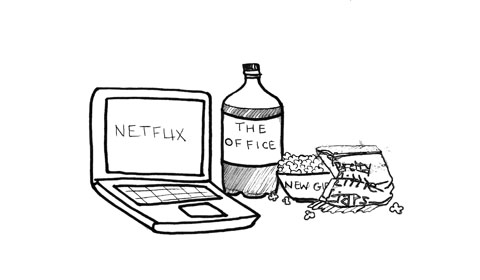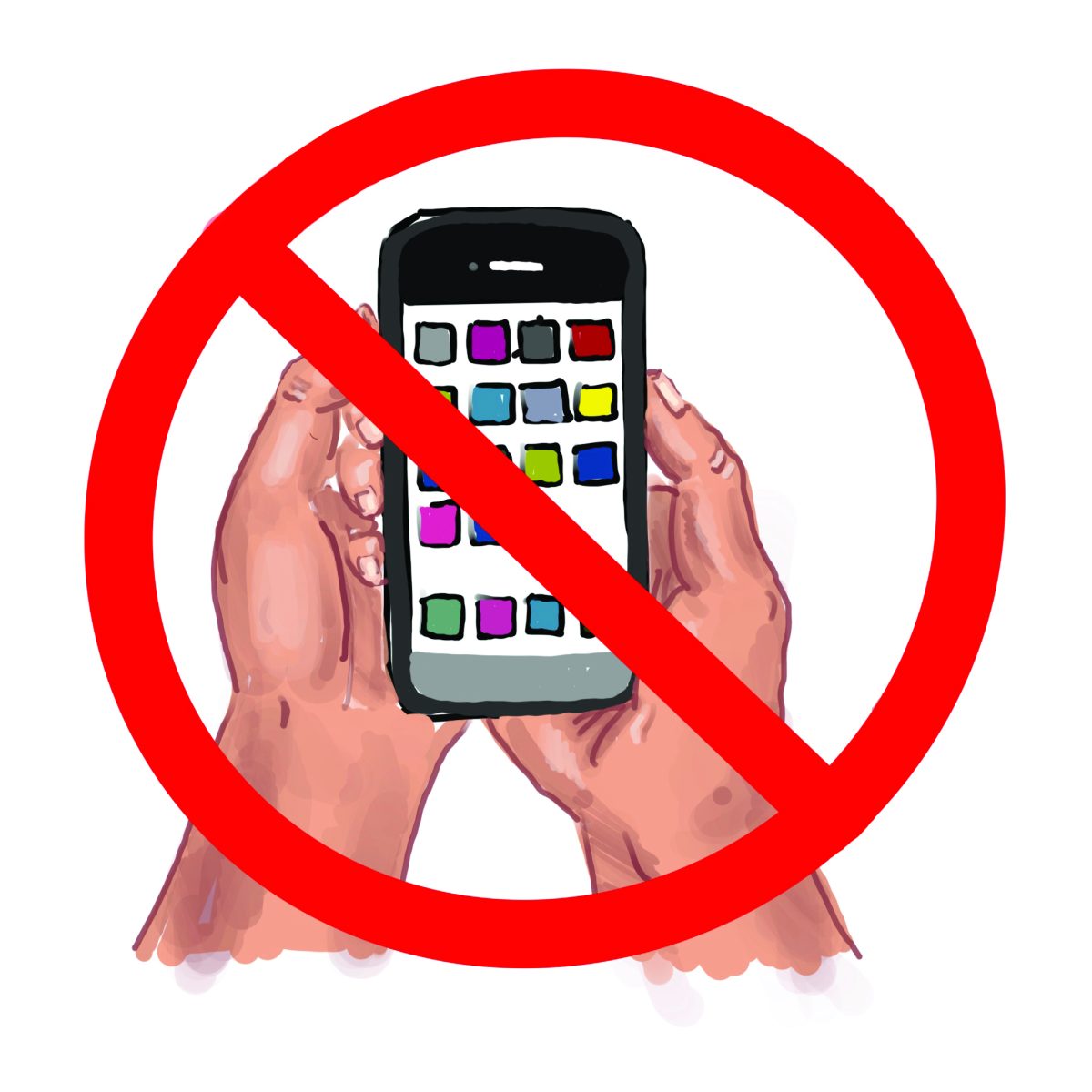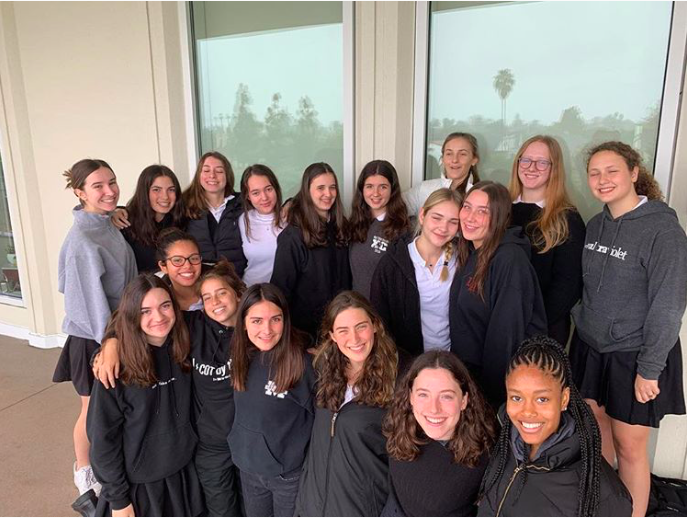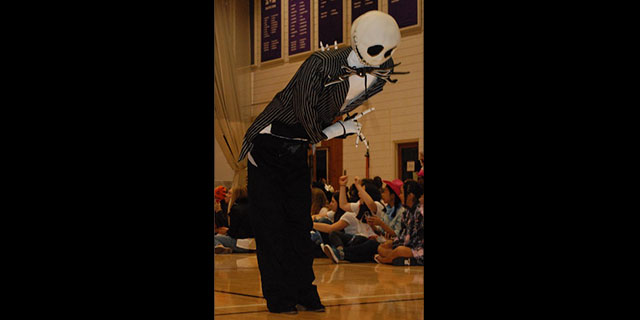
It’s midnight on a school night, and Olivia ’16 has just started watching a TV show on Netflix. She is already almost done with the first season, and it’s only been three days. She can either watch the season finale (and maybe even start the next season) or go to bed like she knows she should. The anticipation and eagerness to watch the next episode prevents her from making a rational decision, and she gives in to temptation. Next thing she knows, it’s 2:00 a.m., and she starts to realize that maybe her impulsive decision was not an intelligent choice. Olivia is participating in a popular trend called binge-watching, in which viewers watch several episodes of a television show in one sitting.
Netflix and Hulu are the most common venues for binge-watching. Both websites and similar sites require subscribers to pay a monthly fee for access to complete seasons of TV shows. Over 40 million Americans subscribe to these sites, and many others record shows on their DVRs, buy episodes on iTunes or watch the episodes on illegal websites.
Many teenagers appreciate having so many different TV shows available to them whenever and wherever they choose to watch them because they can watch shows according to their own busy schedules.
“I like Netflix because it’s so easy and accessible…I’ll watch some of an episode on the bus with my phone and then later watch on my computer [during my free period] or at home,” Emily ’16 said.
Hulu and Netflix eliminate the need to wait a week for a new episode, and many binge-TV watchers like Olivia find themselves unable to stop watching a show once they have started.
“Once I start watching a show on Netflix, I just want to see what happens next and I just can’t resist the temptation of continuing,” Olivia said.
Indeed, many modern-day TV shows are designed to be addictive.
“If someone is binge-viewing television it’s similar to someone who is addicted to drugs and when they get that fix, it activates certain regions of the brain,” science instructor Mark Guevin said.
Some binge-watchers say that they struggle with self control. Alex ’16 said that she binge-watches even when she has other responsibilities, like homework or chores. Alex’s case is an example of how binge-watching can adversely affect one’s life. When she is binge-watching a particular TV show, all of her attention is on the show itself and finding out what will happen next; her other commitments get neglected.
“I guess you could call me an addict!” Alex jokes.
According to Guevin, Alex’s dilemma is supported by scientific evidence.
“When certain areas of the brain are activated it sort of forces [viewers] to keep watching and wanting to see that next episode,” Guevin said.
Binge-watching seems harmless, but it hooks peoples’ brains and keeps them watching TV when they have other obligations.






